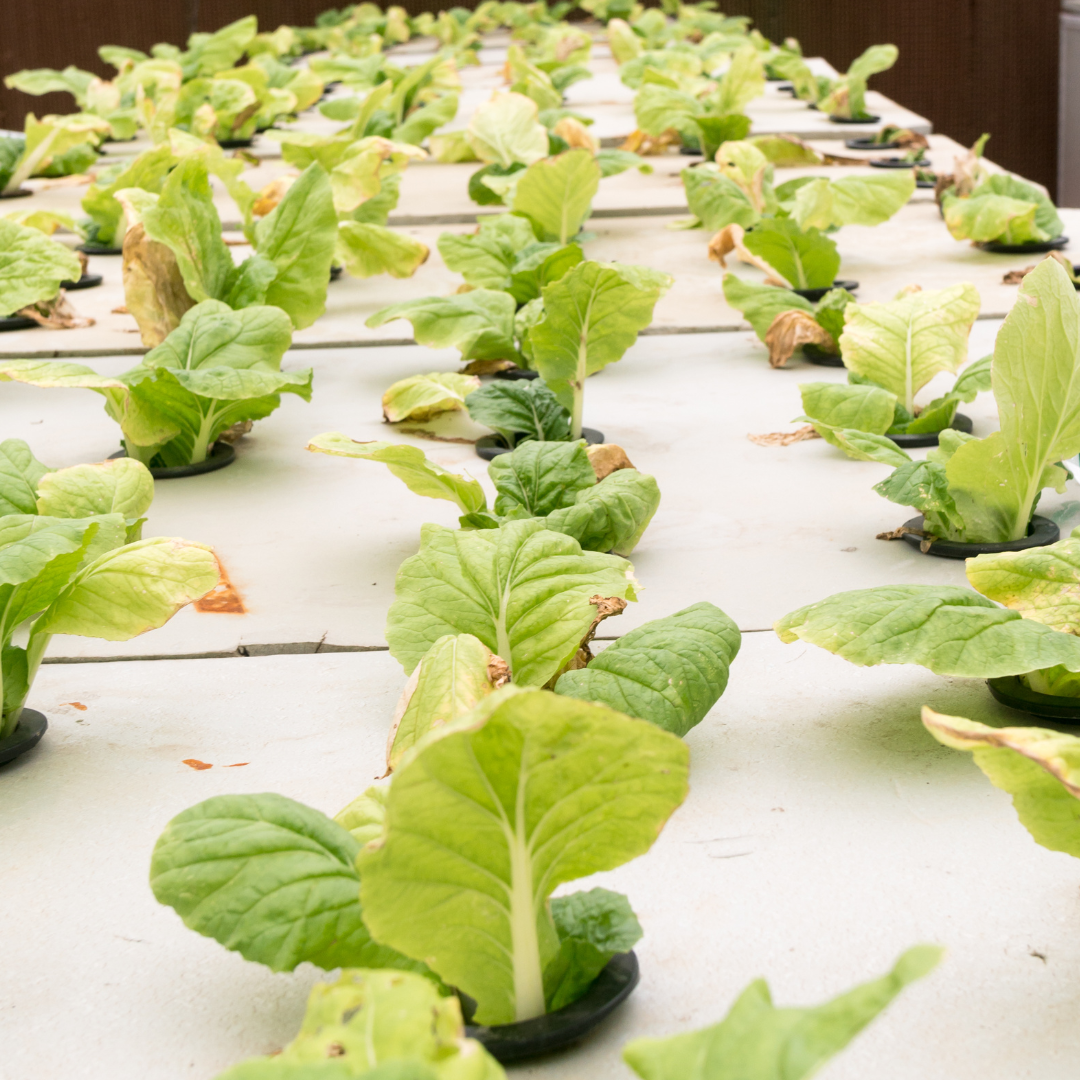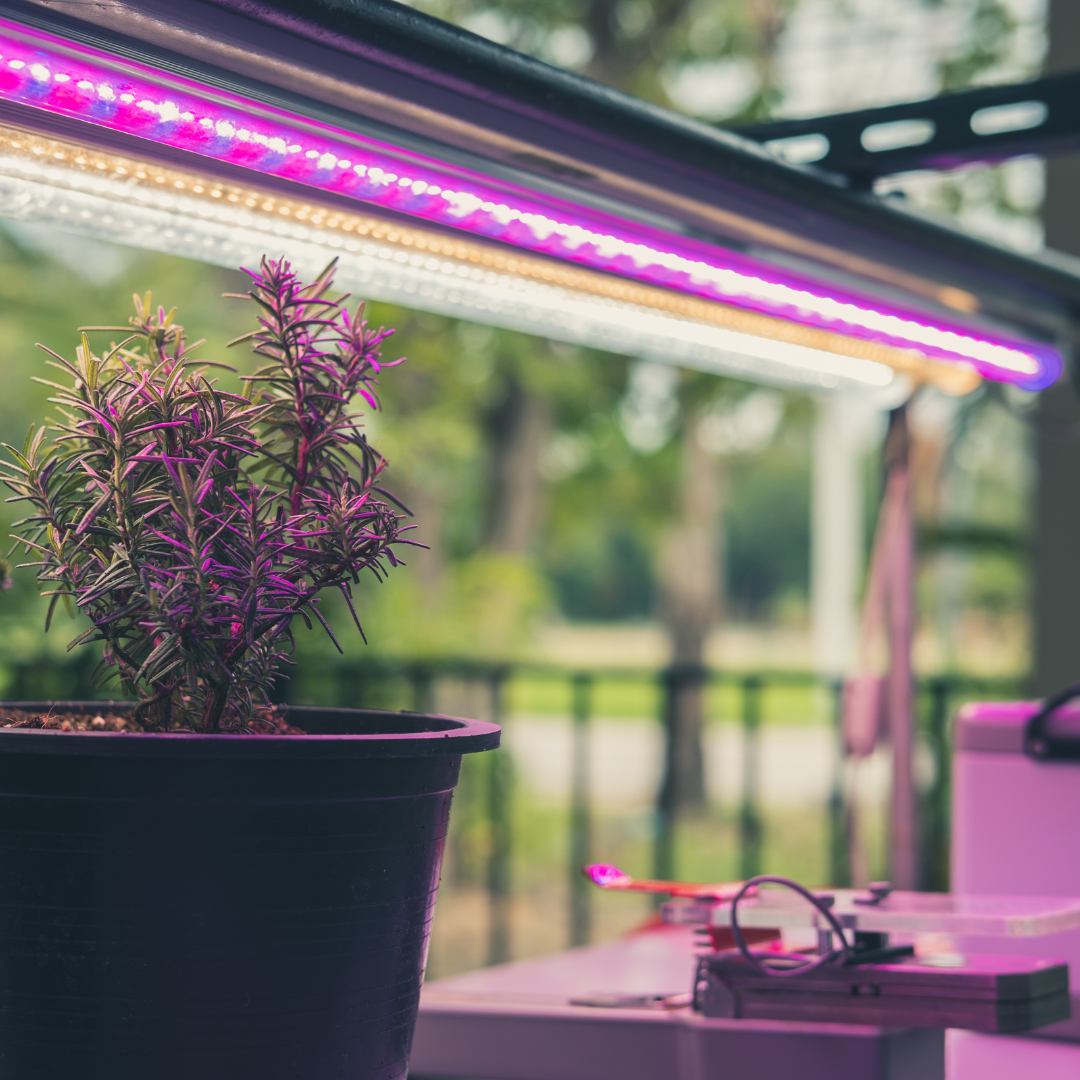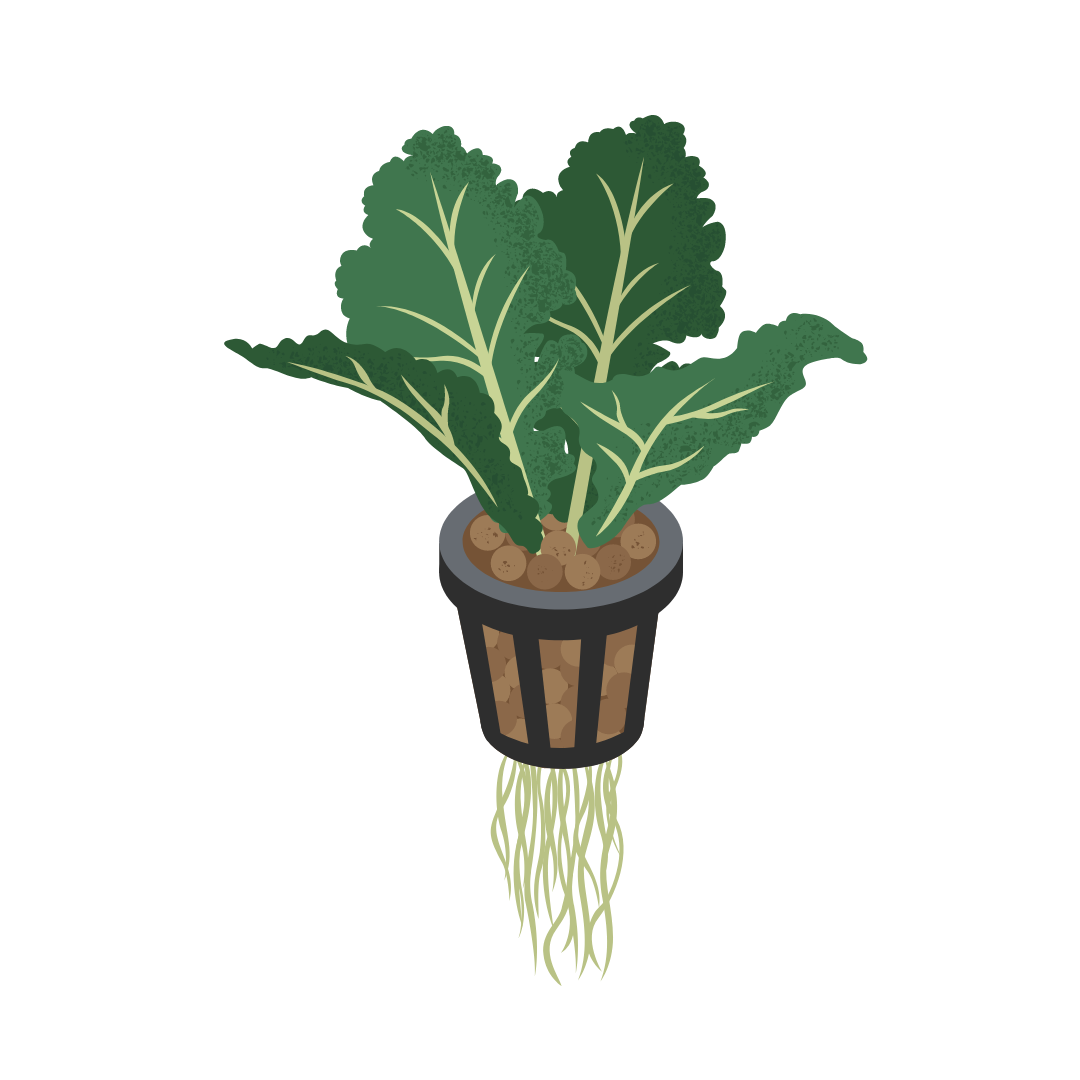Introduction to Hydroponics
Hydroponics is a method of growing plants without soil. Instead of soil, plants are grown in a nutrient-rich water solution. This innovative technique allows for efficient plant growth and has many environmental benefits.

Hydroponics can be practiced indoors or outdoors, making it a versatile option for farmers and gardeners.
Reducing Water Usage
One of the significant advantages of hydroponics is its ability to conserve water. Traditional soil farming uses a lot of water, and much of it is lost due to evaporation and runoff.

In hydroponics, water is recirculated and reused, reducing overall water consumption. Studies show that hydroponic systems can use up to 90% less water than traditional farming methods.
This is particularly beneficial in areas facing water scarcity.
Less Land Required
Hydroponic farming requires less land compared to traditional agriculture. Since plants are grown in water, they can be stacked vertically, maximizing space usage.

This is especially useful in urban areas where land is limited. Vertical hydroponic farms can be set up in buildings, rooftops, or any available space, allowing for food production close to where people live.
This reduces the need for transportation and lowers the carbon footprint.
No Need for Pesticides
In hydroponics, plants are grown in a controlled environment, which reduces the need for pesticides. Soil farming often requires pesticides to protect crops from pests and diseases.

These chemicals can harm the environment by contaminating soil and water sources. By eliminating the need for pesticides, hydroponics helps maintain a cleaner and safer environment.
Faster Plant Growth
Plants grown hydroponically often grow faster than those in soil. This is because the roots have direct access to the nutrients they need, and there is no competition for resources.

Faster growth means more harvests in a shorter period, increasing food production efficiency.
This can help meet the growing demand for food without putting additional strain on the environment.
Reducing Transportation Emissions
Hydroponic farms can be established close to urban centers, reducing the need for long-distance transportation of produce.
Traditional farming often involves transporting food from rural areas to cities, contributing to greenhouse gas emissions. By growing food locally through hydroponics, transportation emissions are minimized, leading to a lower overall carbon footprint.
Minimizing Soil Degradation
Soil degradation is a significant environmental issue caused by over-farming, deforestation, and poor agricultural practices.
Hydroponics eliminates the need for soil, thus preventing soil erosion and degradation. This helps maintain healthy ecosystems and preserves fertile land for future generations.
Energy Efficiency
Hydroponic systems can be designed to be energy-efficient. Many setups use LED lights, which consume less energy than traditional lighting.

Additionally, renewable energy sources like solar panels can be integrated into hydroponic farms, further reducing their environmental impact. Innovations in energy-efficient technologies continue to make hydroponic farming more sustainable.
Reducing Food Waste
Hydroponic farming allows for precise control over plant growth conditions, resulting in higher-quality produce with less waste. Traditional farming can result in significant food waste due to pests, diseases, and unpredictable weather conditions.
Hydroponics minimizes these risks, ensuring a more consistent and reliable food supply.
Supporting Biodiversity
By reducing the need for large-scale monoculture farms, hydroponics can support biodiversity. Monoculture farming involves growing a single crop over a large area, which can harm local ecosystems and reduce biodiversity.
Hydroponics promotes smaller, more diverse farming practices that can coexist with natural habitats, supporting a wider variety of plant and animal species.
Conclusion
Hydroponics offers a sustainable alternative to traditional farming methods. By conserving water, reducing land usage, eliminating pesticides, and minimizing transportation emissions, hydroponics can significantly benefit the environment.
As technology advances and more people adopt hydroponic practices, this innovative farming method has the potential to play a crucial role in creating a more sustainable future with many environmental benefits

Embracing hydroponics can help ensure food security while protecting and preserving our planet’s natural resource and many environmental benefits.
